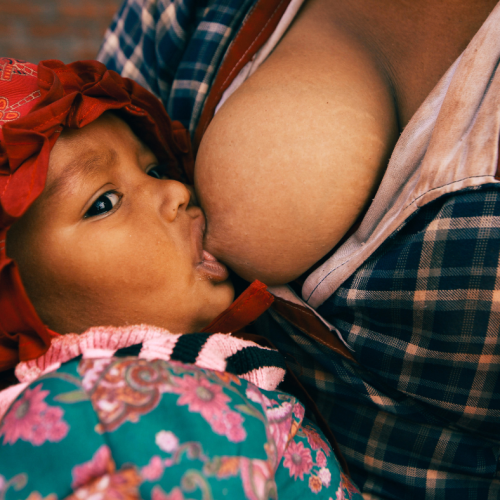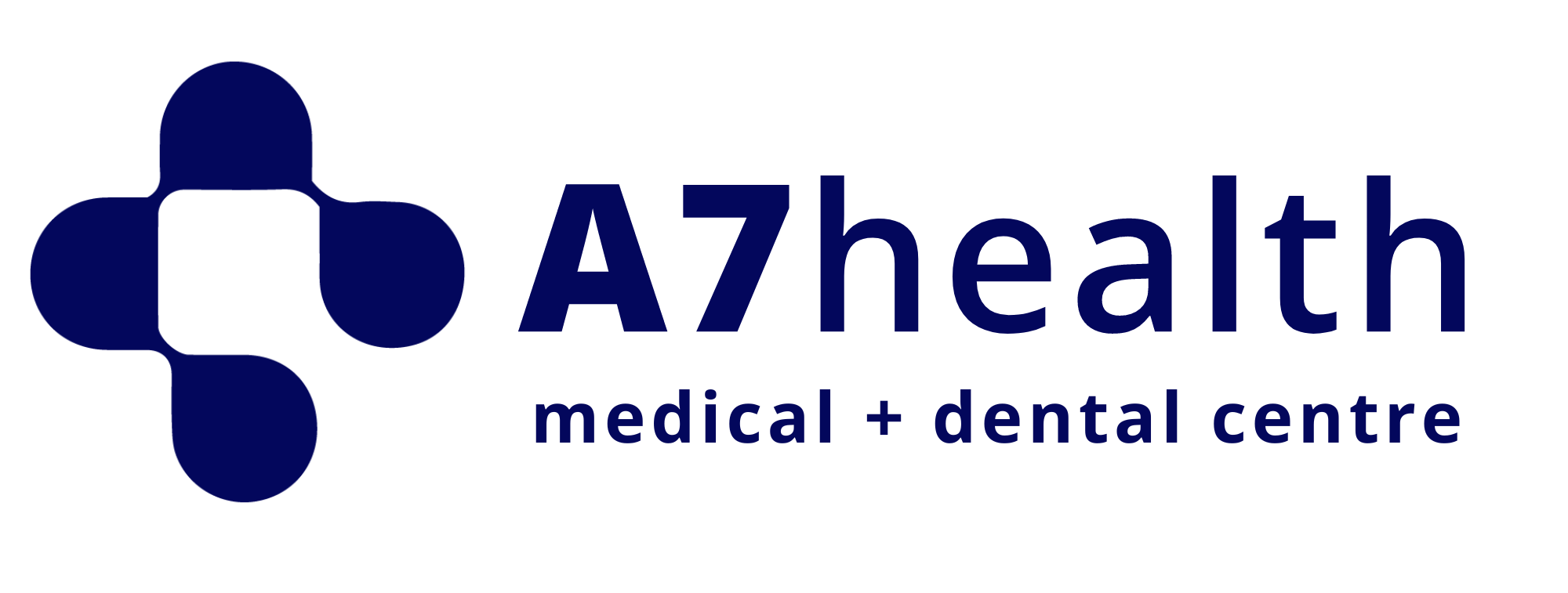Engorged Breasts
Breast engorgement is a swelling of the breasts that results in painful, tender breasts. It is caused by an increase in blood flow and milk supply in your breasts and occurs in the first few days after giving birth.
If you have chosen not to breastfeed, you may still have breast engorgement. Your body will naturally start to produce milk, but if you do not express or breastfeed, the milk production will eventually stop.

Symptoms of breast engorgement
Symptoms of breast engorgement will be different for each person. Some symptoms may include breasts that are:
- Hard or tight
- Tender or warm to touch
- Heavy or full
- Lumpy
- Swollen
The swelling may be confined to one breast, or it may occur in both breasts. The swelling may also extend across the breast into the nearby armpit.
Flattened nipples. The dark area around the nipple (the areola) may be very firm. This makes it hard for your baby to latch on.
Some women who have breast engorgement may experience mild fever of about 38 C (100.4 F) and fatigue during the first few days of milk production. This is sometimes called “milk fever.” You can continue to breastfeed if you have this fever. However, it is advisable to alert your doctor to your elevated temperature, as you may have an infection, such as Mastitis.
Certain situations may make you more likely to experience breast engorgement. Avoiding these will assist in preventing breast engorgement. These include:
- Missing a feeding or a pumping session
- Creating an overabundance of milk for the baby’s appetite
- Supplementing with formula between nursing sessions
- Weaning too quickly
- Nursing a baby that’s ill
- Difficulty with latching and sucking
- Not expressing breast milk when it first comes in because you do not plan to breastfeed
Treatment for breast engorgement
Treatments for breast engorgement depend on whether you are breastfeeding or not.
Treatment at A7 Health with a physiotherapist may include:
- Therapeutic Ultrasound
- Massage to unblock the ducts (usually up to three treatments are advised)
- Dry needling and massage
- Instructions for self-treatment at home
If you have engorged breasts, schedule an appointment for treatment at A7 Health with a trained Physiotherapist. Some self-treatment may include:
- Use a warm compress or take a warm shower to encourage milk ‘let-down’
- Breastfeed more regularly, at least every one to three hours
- Breastfeed as long as the baby is hungry
- Massage your breasts while breastfeeding
- Applying a cold compress or ice pack to relieve pain and swelling
- Alternating breastfeeding positions so milk drains from all areas of the breast and empty your supply
- Pumping by hand or with a pump if you cannot breastfeed
- Wearing a supportive bra that prevents your breasts from moving around a lot
- Taking pain medications that have been approved by your doctor
Treatment at A7 Health for Engorged breasts:
Get Physiotherapy – Book an appointment with a physiotherapist at A7 Health who will access you in a 60 minute consultation and provide you with a treatment plan to help relieve your pain and promote milk ‘let-down’. Some of the treatments include:
- Therapeutic Ultrasound
- Massage to unblock the ducts
- Dry needling and massage
Join an exercise class (with a Biokineticist) – Moderate exercise, such as walking, has been shown to help relieve back pain during pregnancy. Stretching can help relieve sore muscles. Join an exercise class led by an A7 Health Biokineticist who will teach you exercises that will strengthen and relax muscles and help you to reduce the likelihood of pain during your pregnancy. These exercises will also help you with delivery and recovery after you give birth.
